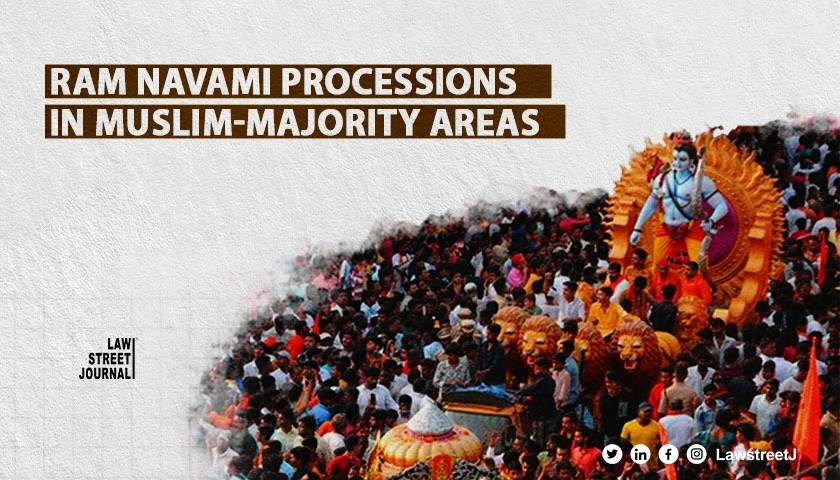Supreme Court of United States has ruled against total immunity for president from investigation by allowing New York’s prosecutor access to the President’s financial records. Congress has been prevented from access to such records.
In the case of Trump v. Vanca, District Attorney of the country of New York, et al., the SCOTUS laid the principle that a sitting President cannot escape from a criminal investigation thus ruling that the subpoena issued for retrieving his financial records for turning over to a grand jury can be enforced. Court chose not to go into the aspect of whether congress can obtain documents or not. The matter was sent back to the lower court.
In the present case, a criminal subpoena was directed to a President, which the President claims to be unenforceable.
FACTS OF THE CASE
In 2019, the New York Country District Attorney’s Office served a subpoena duces tecum on Mazars USA, LLP, the personal accounting firm of President Donald J. Trump, for financial records relating to the President and his businesses. The president himself sued the district attorney and Mazars in Federal District Court to enjoin enforcement of the subpoena, arguing that a sitting President enjoys absolute immunity from the state criminal process under Article II and the Supremacy Laws.
However, the District Court dismissed the case under the abstention doctrine of Younger v Harris, 401 U.S. 37, and held that the President was not entitled to injunctive relief. The second circuit rejected the District Court’s dismissal under Younger but agreed with the court’s denial of injunctive relief, concluding that presidential immunity did not bar enforcement of subpoena and rejecting the argument of the United States as amicus curiae that a state grand jury subpoena seeking the president’s documents must satisfy a heightened showing of need.
HELD
The judgment commences on the following note:
“In our judicial system, ‘the public has a right to every man’s evidence.’ Since the earliest days of the Republic, ‘every man’ has included the President of the United States. Beginning with Jefferson and carrying on through Clinton, Presidents have uniformly testified or produced documents in criminal proceedings when called upon by federal courts.”
Chief justice John Roberts has authored the ruling and was joined by Associate Justice Ruth Bader Ginsburg, Stephen G. Breyer, Sonia Sotomayor, Elena Kagan, Neil M. Gorsuch, and Brett M. Kavanuagh. Associate Justices Clarence Thomas and Samuel Alito both dissented.
The court further stated that Article II and the Supremacy Clause do not categorically preclude, or require a heightened standard for, the issuance of a state criminal subpoena to a sitting President. This was supported by the direction given by the John Marshall in 1807 in a treason trial of Aaron Burr to grant Burr’s motion for a subpoena duces tecum directed at President Thomas Jefferson.
“In the two centuries since Burr (United States V Aaron Burr) successive Presidents from Monroe to Clinton have accepted Marshall’s ruling that the chief ruling that the Chief Executive is subject to subpoena and have uniformity agreed to testify when called in criminal proceedings.”
The ruling was applied in the case of the United States v. Nixon wherein the court had rejected Nixon’s claims of the absolute privilege of confidentiality for all presidential communication during the Watergate scandal.
LAW ALREADY EXIST TO PROTECT THE PRESIDENT FROM VEXATIOUS LAWSUITS THAT MAY DISTRACT HIM AND TARNISH HIS REPUTATION
The judgments rejecting the President’s claim that “the Supremacy Clause gives a sitting President absolute immunity from state criminal subpoena because compliance with such subpoenas would categorically impair the performance of his Article II functions.”
Relying on the cases of Nixon and Burr the SCOTUS observed that federal criminal subpoenas do not “rise to the level of constitutionally forbidden impairment of the Executive’s ability to perform its constitutionally mandated functions. It was further rejected that the state criminal subpoena necessarily poses a “unique threat of impairment and thus require absolute immunity.”
It has been contended by the President that “complying with state criminal subpoenas would necessarily distract the Chief Executive from his duties.” And that “the stigma of being subpoenaed will undermine his leadership at home and abroad.”
The same was even rejected by SCOTUS which said:
“But even in tarnished reputation were a cognizable impairment, there is nothing inherently stigmatizing about a President performing ‘the citizens' normal duty of furnishing information relevant’ to a criminal investigation absolves a President of such an important public duty.”
The court further rejected the argument subjecting President to state criminal subpoenas will make “easily identifiable target(s)” for harassment by referring to an identical case of Clinton.
NO HEIGHTENED NEED STANDARD REQUIRED FOR A STATE GRAND JURY SUBPOENA
The court observed that the grand jury seeking access to financial records of a President did not have to satisfy a heightened need standard for three reasons:
“First, although a President cannot be treated as an ‘ordinary individual’ when executive communications are sought, Burr teaches that, with regard to private papers, a President stands in ‘nearly the same situation with any other individual’. Second, there has been no showing here that heightened protection against state subpoenas is necessary for the Executive to fulfill his Article II functions. Finally, absent a need to protect the Executive, the public interest in fair and effective law enforcement cuts in favor of comprehensive access to evidence.”
However, lack of ‘Heightened need standard’ does not leave the President without any resources he can still challenge the subpoena on any grounds permitted by law. The President can also raise subpoena-specific constitutional challenges in either a state or a federal forum.
DISSENTING OPINIONS
Justices Thomas and Alito gave their dissenting opinions, with Justice Alito noting that:
“The subpoena at issue here is unprecedented. Never before has a local prosecutor subpoenaed the records of a sitting President. The court’s decision threatens to impair the functioning of the Presidency and provides no real protection against the use of the Subpoena power by the Nation’s 2,300+ local prosecutors. Respect for the structure of the Government created by the constitution demands greater protection for an institution that is vital to the nation’s safety and well-being. I therefore respectfully dissent.”
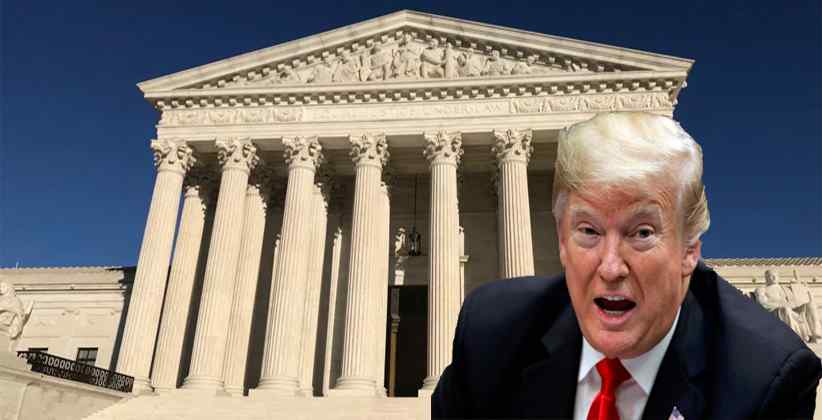
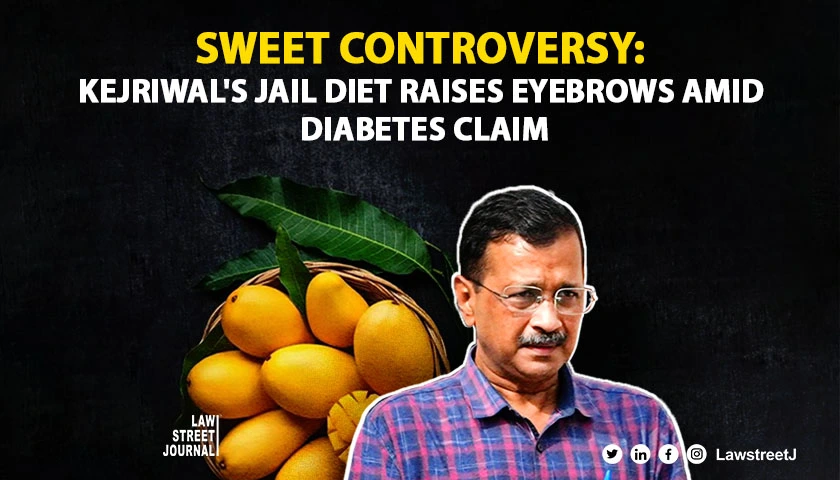
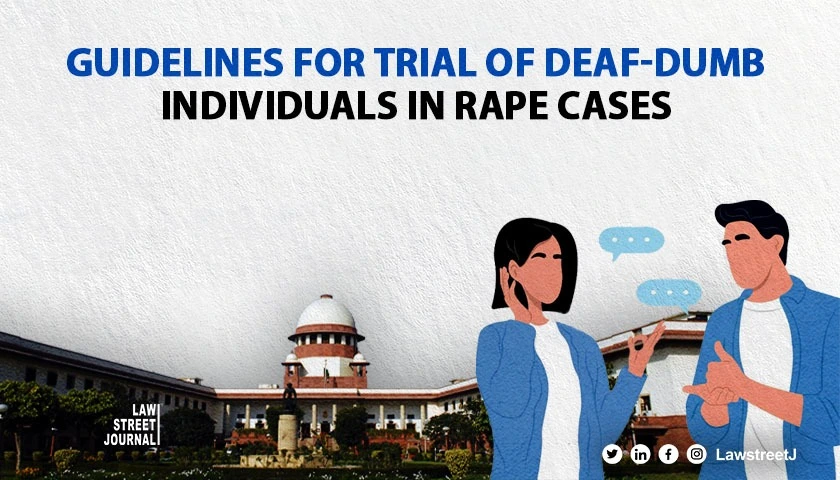
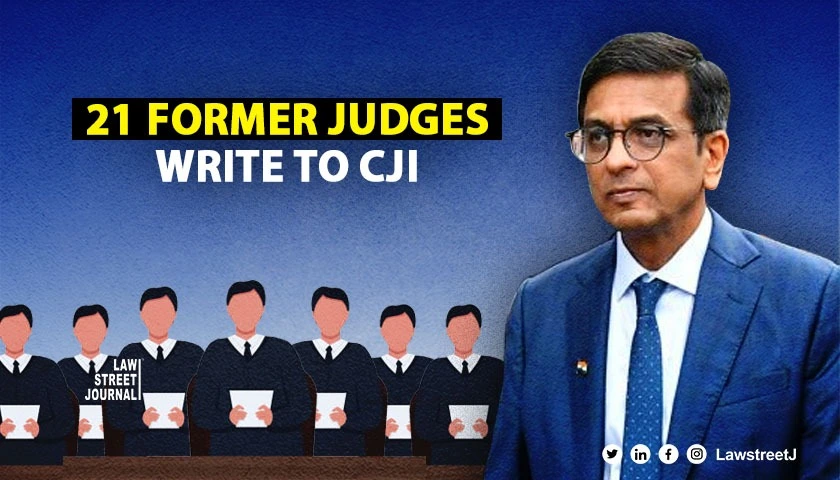
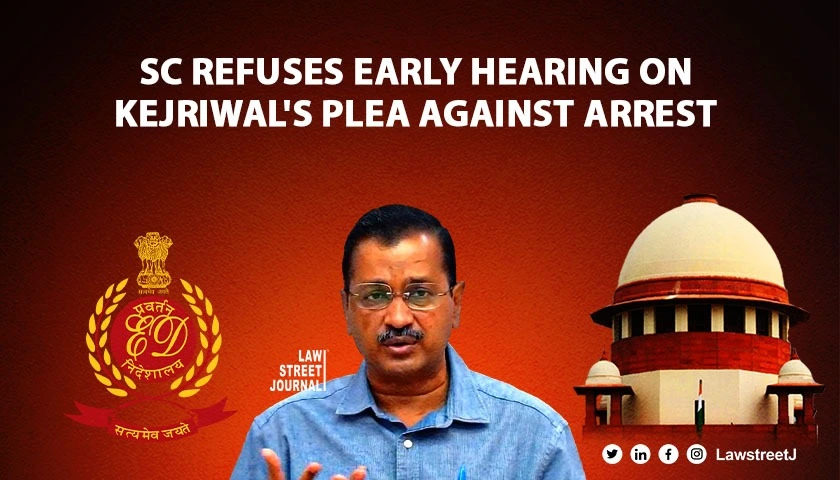
.webp)
